Queensland Memory has recently updated the State Library's Indigenous Languages webpages to the new format with a selection of resources to support language workers and communities.
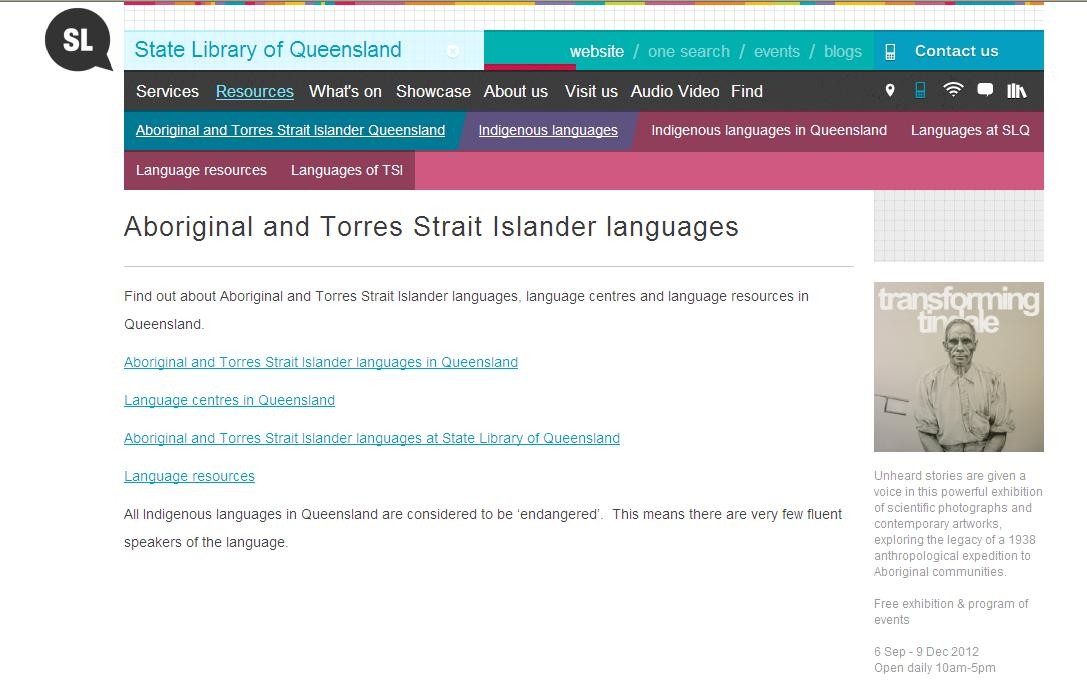
In Queensland, over 100 Aboriginal and Torres Strait Islander languages and dialects were once spoken. Today around 50 of these remain spoken (in varying degrees), with less than 20 being used as first languages, predominantly in the north of the state (Wik Munkan) and in the Torres Strait Islands (Kalaw Kawaw Ya and Kalaw Lagaw Ya).
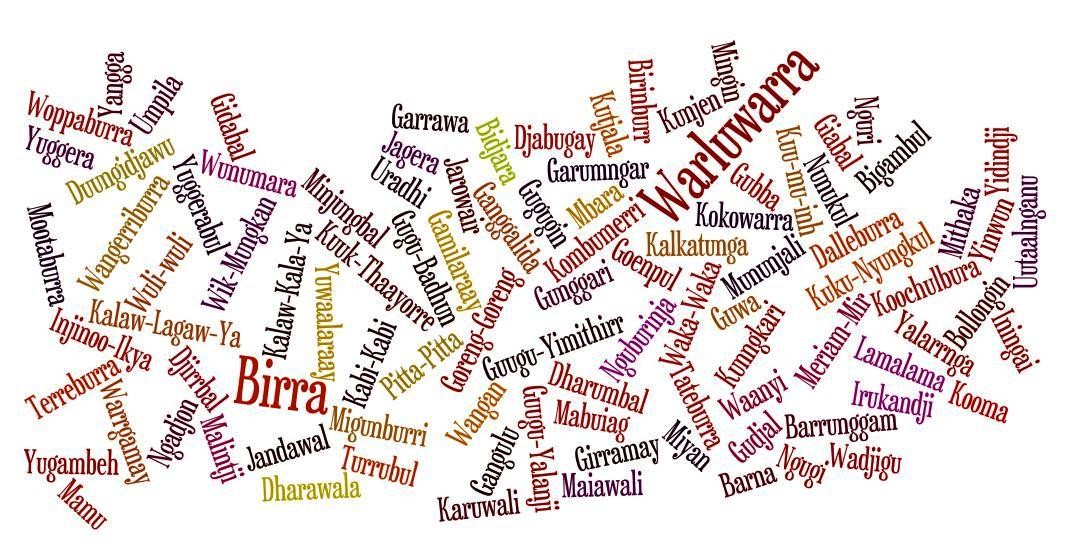
The State Library supports many community groups, including Indigenous language centres to record, document and preserve languages. Activities may include community workshops, training activities, information sessions, educational activities, seminars, etc. Such activities and events are particularly relevant to community members researching Aboriginal and Torres Strait Islander cultures, histories and languages as well as raising awareness in the broader community.
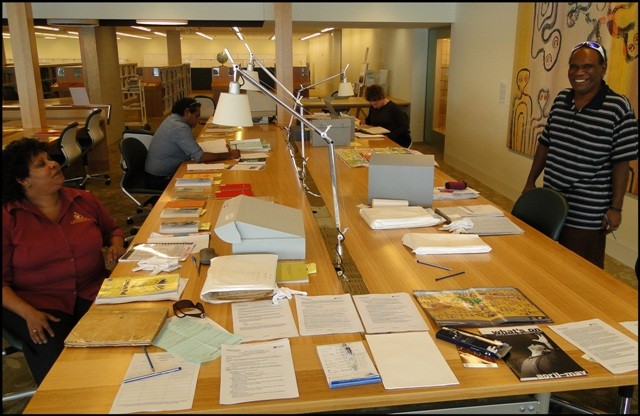
State Library has also produced a number of resources to support communities in language revival - these can be found on the new Indigenous Languages webpages. Resources include ideas and activities for schools and communities as well as guides to finding materials in the State Library collections.
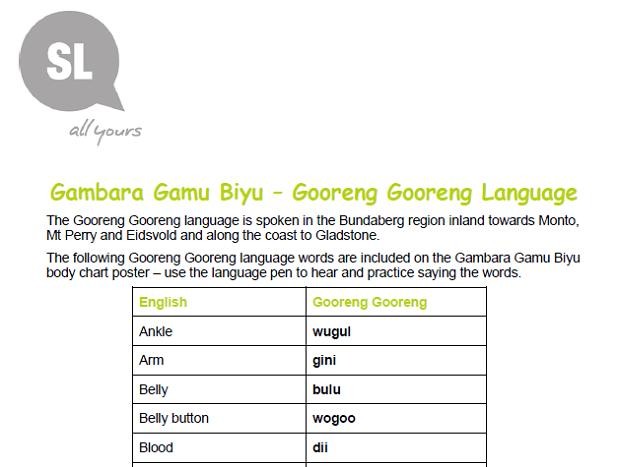
A full overview of the range of language-related projects and activities conducted through the State Library is listed on the new web page - Aboriginal and Torres Strait Islander Languages at the State Library of Queensland. The State Library has also developed some new resources in response to general queries from Indigenous communities and the general public. One of these is an information guide to the Aboriginal placenames of South-East Queensland.
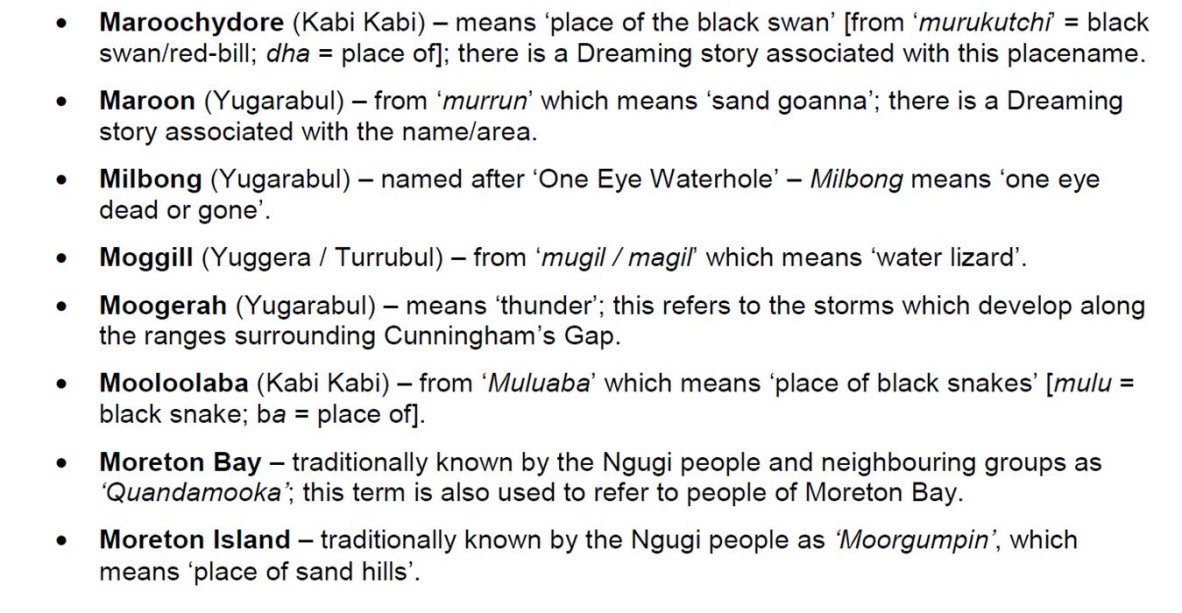
Visit our new webpages and find out more about the Aboriginal and Torres Strait Islander languages of Queensland!
Comments
Your email address will not be published.
We welcome relevant, respectful comments.